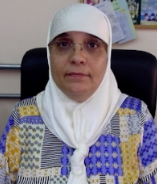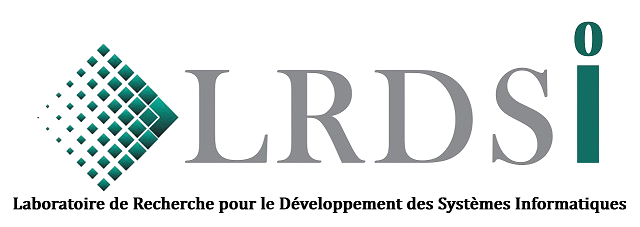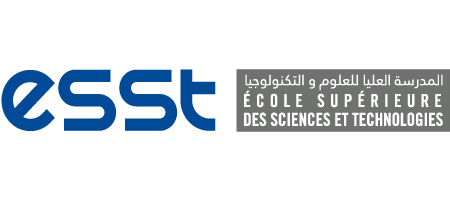
Prof. Faisal Saeed
Birmingham City University, UK
AI-Powered Methods for Enhancing Cognitive Disability Support

Prof. Mohd Ibrahim Bin Shapiai
Universiti Teknologi Malaysia
AI on Cloud – An Application

Prof. Azzedine Boukerche
School of Electrical Engineering and Computer Science, University of Ottawa, Canada
Smart Internet of Drones for Sustainable Megacities

Prof. Nadia Nedjah
State University of Rio de Janeiro, Brazil
Swarm Robotics: Challenges, Trends, and the Road to Real-World Applications

Prof. Samir BOUAZIZ
University Paris – Saclay, France
Approche systémique et enjeux sociétaux
University (Now Paris Saclay), Orsay, France 1992. He is Full Professor (CE) in SATIE laboratory
UMR8029 (Laboratory of Systems & Applications of Information & Energy Technologies), in ENS
Paris Saclay university. He is leader of research team (Architecture design of embedded systems for
autonomous vehicles). His research focuses on Hardware/software (SOC, FPGA) designs of
embedded systems for autonomous vehicles and robots, using a systemic approach. His research is led
by time constraints consideration and complexity for a good fit between Hardware and algorithms,
including the users and societal context. He participated in many French academic ANR and
industrials projects. Embedded Electronics Instrumentation is one of scientific interest, benchmark
systems to understand Human-Vehicle interactions and Hardware-software Co-design in their usage
environment. He holds the CAEA diploma (Certificate of Aptitude for Aeronautical Teaching).
He was the director of the pedagogical IT department in Paris Saclay University, Head of the
Department Electronics Robotics Systems (2012-2021), Polytech Paris Saclay Engineer School and
serves on the governing council (Director of the Geographical Educational Computing Division PGIP
since 2021).
He is an expert for various research funding institutions (ANRT, CIR in France, Quebec Research
Fund …).
He project leader of collaborations, in Algeria, among which Several doctoral theses with the Military
Polytechnic EMP and National ENP Schools, ERASMUS+ program (2018-2023) with ENP, recently
leading a scientific and higher educational collaboration with ESST Algeria Higher school since 2021.

Dr. Hacène Derrar
National Higher School of Management – Koléa – Algeria
AI Ethics: The Missing Link for a Successful Digital Transformation



